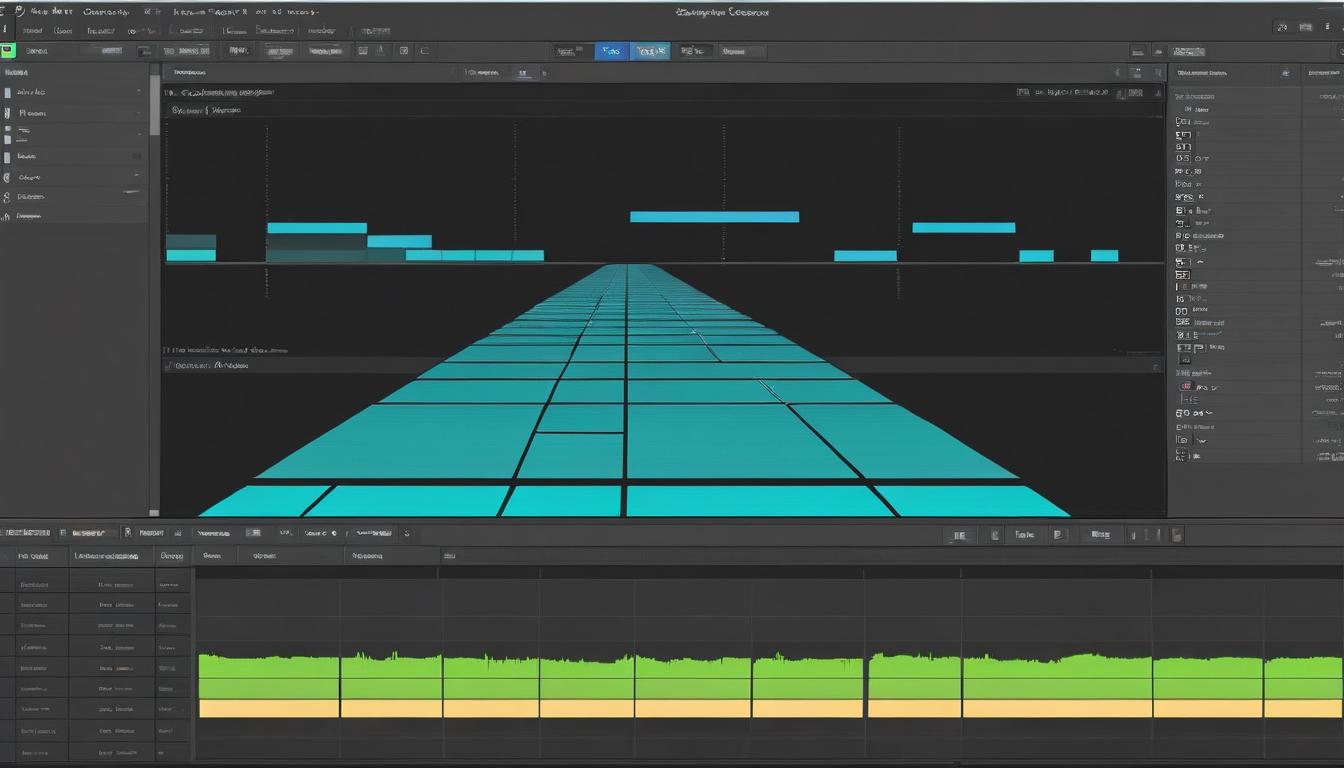The line between film scoring and video game composition has become increasingly blurred, creating a seismic shift in how we experience cinematic soundscapes. While traditional film composers once dominated the industry, a new generation of game music creators is bringing fresh perspectives and innovative techniques to Hollywood's biggest productions. This crossover isn't just about talent migration—it's fundamentally changing the DNA of film music itself.
Video game composers operate in a completely different creative environment than their film counterparts. Where film music follows a linear narrative, game music must adapt to player choices, creating dynamic, interactive scores that respond to gameplay. This requirement for flexibility has forced game composers to develop sophisticated techniques for layering, transitioning, and emotional pacing that are now finding their way into film scoring sessions.
Composers like Austin Wintory, who gained fame for his work on Journey, have successfully bridged the gap between gaming and film. His approach to creating emotional arcs through interactive music has influenced how filmmakers think about scoring key scenes. The result? Film scores that feel more organic, more responsive to character development, and less predictable in their emotional payoff.
Technology plays a crucial role in this revolution. Game engines and interactive audio middleware have given composers tools that traditional film scoring never required. These technologies allow for real-time manipulation of musical elements, creating scores that can shift tone and intensity based on visual cues or narrative developments. Film composers are now adopting these tools, creating scores that feel more alive and responsive to what's happening on screen.
The business side is shifting too. Game music budgets have grown substantially, with major titles now commanding recording sessions with full orchestras at world-class studios. This financial parity means game composers aren't just bringing creative ideas to film—they're bringing production experience and industry connections that rival established film composers.
Audience expectations are evolving alongside these changes. Viewers raised on sophisticated game soundtracks now expect film scores to have similar depth and interactivity. They want music that doesn't just accompany the action but participates in it, creating emotional connections that feel earned rather than manufactured. This demand is pushing filmmakers to seek out composers who understand how to build these complex musical relationships.
The influence flows both ways. As game composers bring their interactive expertise to film, established film composers are bringing cinematic storytelling techniques to games. This cross-pollination is creating a new hybrid language of composition that draws from the best of both worlds. The result is music that serves the narrative while maintaining the emotional flexibility that modern audiences expect.
Some of the most exciting developments are happening in the indie scene. Small game studios often take bigger creative risks, allowing composers to experiment with unusual instrumentation, electronic manipulation, and non-traditional structures. These innovations frequently catch the attention of film directors looking for fresh sounds, creating a pipeline of talent from indie games to major motion pictures.
The educational landscape is adapting to this new reality. Music schools that once focused exclusively on classical or film composition are now offering programs in interactive media scoring. Students learn not just how to write beautiful melodies but how to create musical systems that respond to user input—a skill set that's becoming increasingly valuable in both gaming and film.
Critics and awards organizations are slowly recognizing this convergence. While game music still fights for respect in traditional circles, the quality of composition and production has reached levels that demand attention. It's only a matter of time before the boundaries between 'film composer' and 'game composer' become meaningless, replaced by simply 'media composer' as the default professional identity.
This revolution isn't without its challenges. The different production schedules, business models, and creative processes between film and games require composers to be adaptable. Those who succeed in both arenas have learned to balance the structured timeline of film scoring with the iterative, player-focused development of game music.
The future looks increasingly integrated. We're already seeing composers working simultaneously on film and game projects, bringing insights from one medium to the other in real time. This cross-disciplinary approach is creating richer, more sophisticated scores across all visual media.
For audiences, this means more emotionally engaging experiences. For composers, it means expanded creative opportunities. And for the industry as a whole, it represents an exciting evolution in how stories are told through music. The revolution isn't coming—it's already here, and it's changing everything about how we experience film music.
The hidden revolution: how video game composers are reshaping film music

